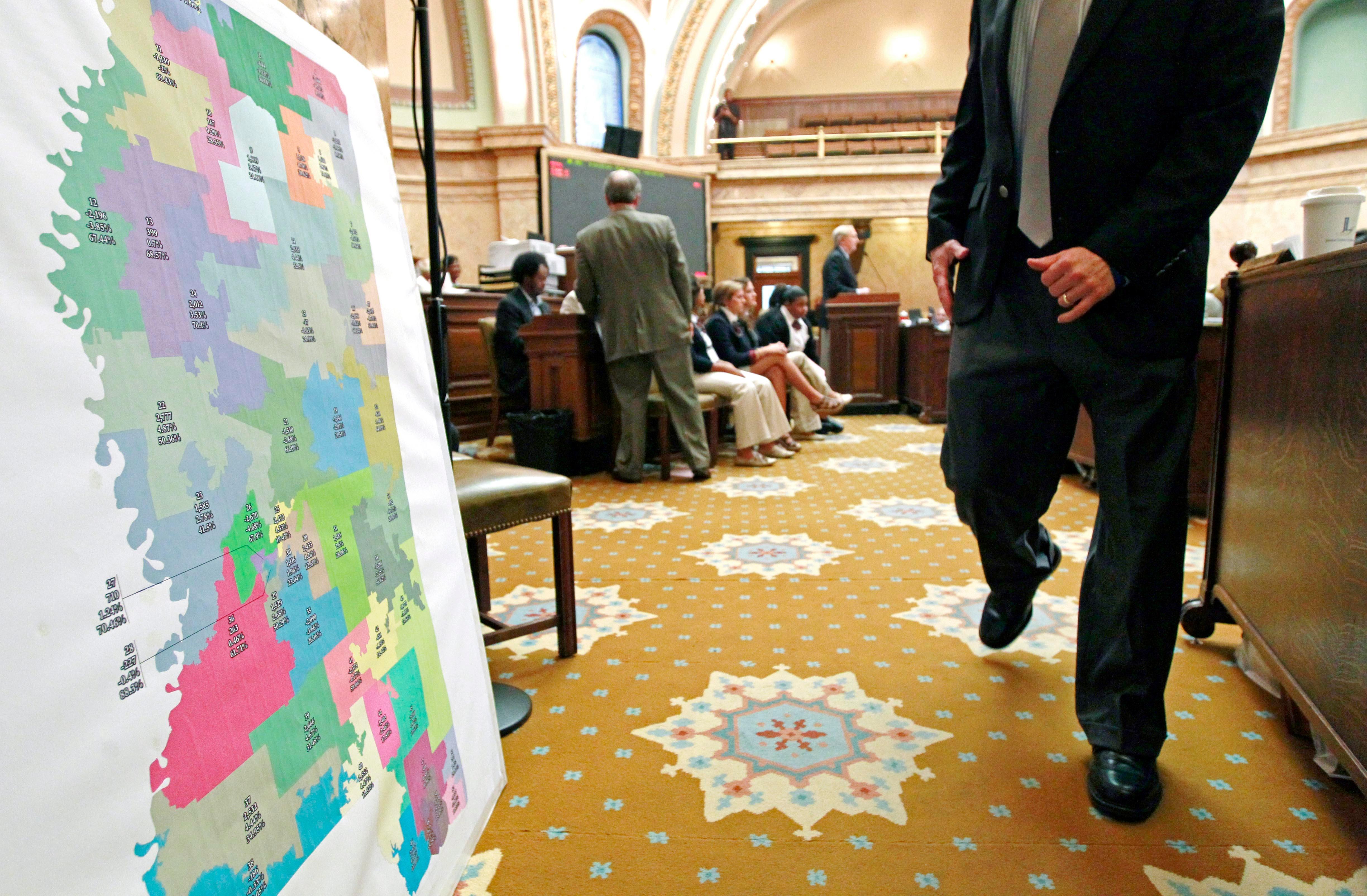A bipartisan joint committee of state senators and members of the house met for the first time last week to begin discussing redistricting in Mississippi. Because last year was a Census year, the US Congress will re-apportion its representation in the House of Representatives. And on the state level, Census Data will also be used to draw Mississippi's House and Senate districts for the next legislative elections in 2023.
Senate Pro Temp Dean Kirby of Rankin County is Vice Chair of the Joint Legislative committee on Re-apportionment. He says based on preliminary numbers, they're expecting a shift in districts statewide.
"Well as an example in the Senate, we have 52 senators. Some of those senators will either have to shrink in area if their area has grown in population if their district has grown," says Kirby.
"And then others will have to take on additional areas for the reason that their district has shrunk in population."
Kirby believes it could be a greater task redrawing maps for House districts because there's more than twice the amount of lawmakers in that chamber. House Minority Leader Representative Robert Johnson of Natchez says one challenge associated with redistricting is electoral competitiveness or gerrymandering.
"Democrats will try to draw districts that make it as easy as possible for a Democrat to be elected and Republicans try to draw districts that make it as easy as possible for Republicans to get elected," said Johnson.
"What you end up with are districts that are so polarized that you never create a situation where people there can have a meeting of the minds."
Serving nearly 30 years in the legislature, Johnson says a key priority for many legislators has been keeping the district that elected them. Public hearings statewide on redistricting are expected to begin in August.




